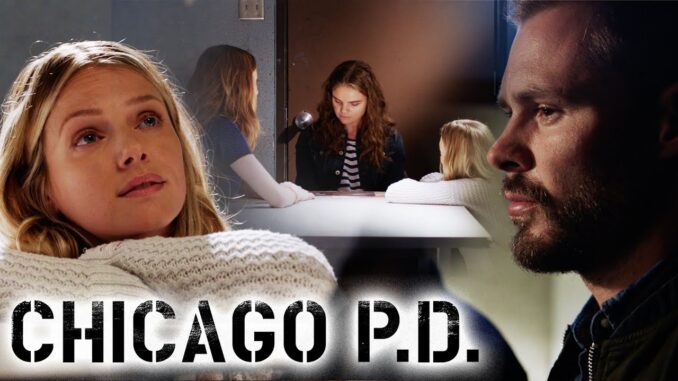
The Season 13 fall finale of Chicago P.D. arrived with the force of a long-awaited storm—intense, revealing, and brimming with emotional fallout. While the episode finally offered clarity on several lingering mysteries, it also stretched its central storyline to a point that left viewers questioning whether the show’s narrative ambition may have exceeded its pacing.
For weeks, the Intelligence Unit has been circling the same shadowy threat, a returning adversary whose presence has hung heavily over both the squad and Sergeant Hank Voight. The fall finale wastes no time exposing this figure’s motives, tightening the screws on Voight’s personal and professional life. It’s a payoff fans have waited for, one that provides a sense of long-overdue catharsis. Yet the road to that payoff is where the finale earns both its praise—and its criticism.
The episode is structured around revelations designed to hit hard. Conversations between Voight and his team carry a weight that signals old wounds reopening. The stakes feel personal, not procedural, reinforcing one of the show’s greatest strengths: the ability to frame crime storytelling through emotionally complex characters. Jason Beghe’s performance, in particular, grounds the episode in a gritty realism that keeps it compelling even when the plot begins to sprawl.
Still, the finale leans heavily into slow-burn storytelling—arguably too heavily. While clarity is finally delivered, the journey there stretches scenes and emotional beats to the point where tension gives way to repetition. Instead of escalating the conflict, some sequences circle already-established themes, slowing down momentum at moments where viewers expect sharper narrative turns.
This pacing imbalance becomes most noticeable in the finale’s final act. What should be a tight, breathless ramp-up to the midseason cliffhanger instead lingers on extended confrontations and prolonged dialogue. Though individually strong, these moments pile up, giving the sense that the episode could have achieved the same emotional punch with a more streamlined approach.
That said, the storytelling remains undeniably effective where it counts. The fall finale strengthens character arcs that have been developing all season—particularly for Voight, whose past continues to shape his leadership and sense of justice. The Intelligence Unit’s loyalty, fractures, and quiet moral disagreements deepen the internal stakes and set up compelling avenues for the back half of the season.
And yes, as Chicago P.D. finales tend to do, the final minutes deliver a twist that reopens the door to a wider narrative. Rather than offering closure, the episode strategically widens the path ahead, making it clear that the unit’s fight is far from over. It’s a choice that may frustrate some viewers but undeniably hooks them for what comes next.
Ultimately, the Season 13 fall finale succeeds in illuminating long-standing questions while planting new ones. It may stretch its storyline further than necessary, but it never loses the emotional core that has kept fans invested for more than a decade. For better or worse, Chicago P.D. has made one thing certain: the real storm is yet to come.
